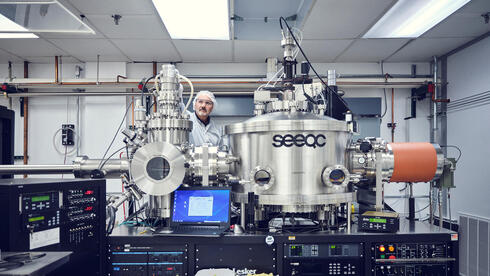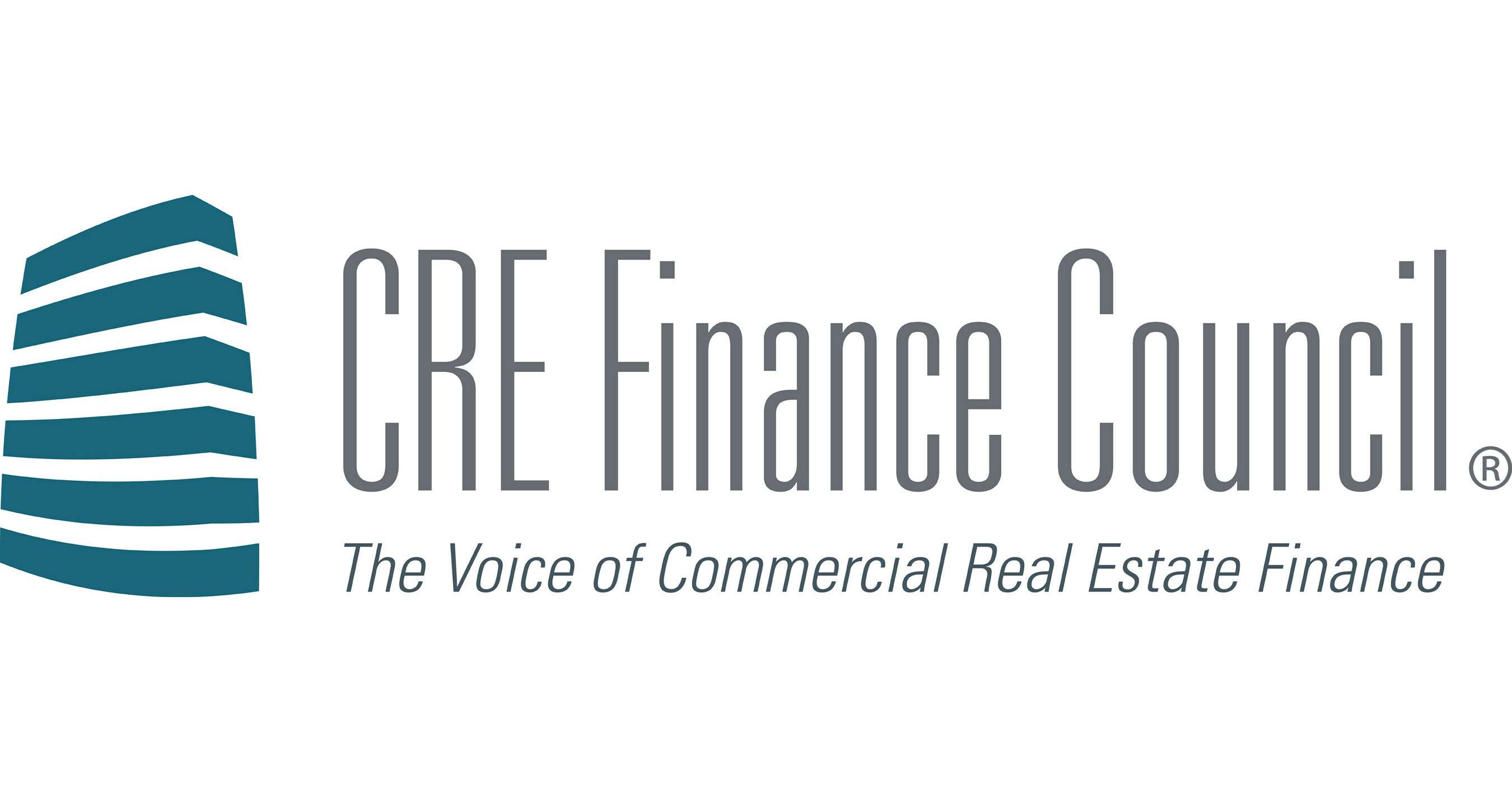J
LL's report forecasts a surge in demand for specialized data centers as quantum computing becomes a commercial asset. The connection between real estate and quantum computing is direct, with the technology requiring unique facilities to shield qubits from electromagnetic interference and maintain extremely low temperatures. This means that conventional data centers are insufficient, driving global demand for dedicated buildings, expanded existing data centers, and converted facilities.
Quantum computing uses qubits that can represent multiple states simultaneously, thanks to superposition and entanglement. This creates exponential computational power as qubits are added, far surpassing classical computing's capabilities. The commercialization of quantum computing will lead to a new type of facility, with real estate playing a crucial role in its development.
JLL outlines three phases for the integration of quantum computers into data centers: initial laboratory-based research, pilot implementations within existing data centers, and hybrid centers where classical, AI, and quantum coexist. The business model expected to dominate is Quantum-as-a-Service, a cloud service allowing organizations to rent quantum capabilities on demand.
Investments in quantum startups have exceeded $2 billion, with JLL forecasting $10 billion by 2027 and $20 billion by 2030. If quantum computing demonstrates clear quantum advantage, investments could jump to $50 billion annually. A map of "quantum ecosystems" highlights centers of activity in North America, Europe, and Asia, including Tel Aviv.
The inclusion of Tel Aviv on this map places Israel among the cities where the quantum industry is emerging, signaling a new opportunity for local real estate developers and investors. They will need to consider constructing data centers with unique requirements, such as electromagnetic shielding and cryogenic cooling, alongside converting existing buildings into advanced facilities near universities and research institutions.
The report concludes that history repeats itself, with artificial intelligence creating massive demand for data centers and driving huge investments. Those who enter early in the quantum computing market, build connections in leading ecosystems, and develop expertise will be best positioned to capture the upside when the wave arrives. For Tel Aviv, this could translate into a first-rate real estate and economic opportunity within the next decade.













